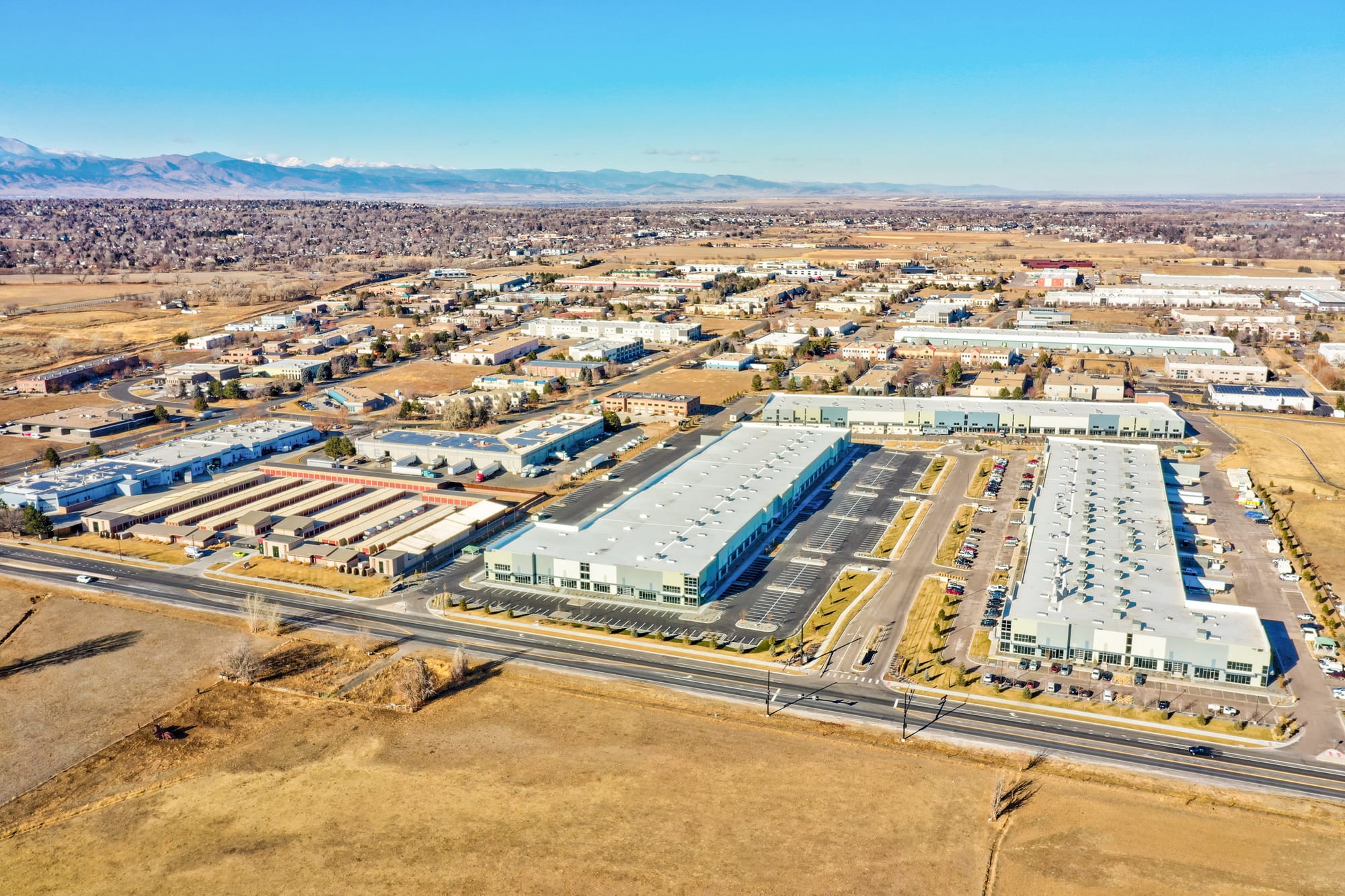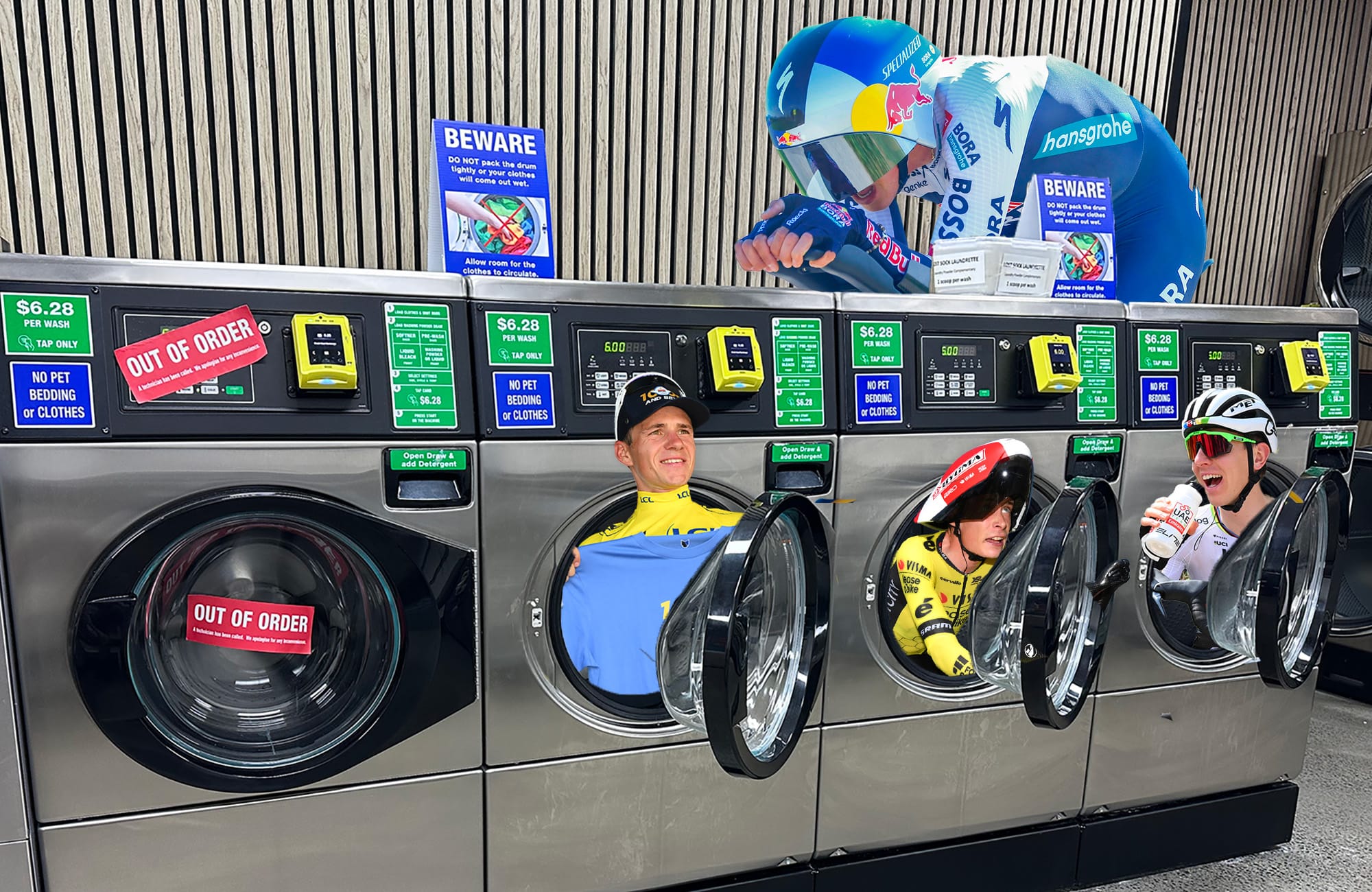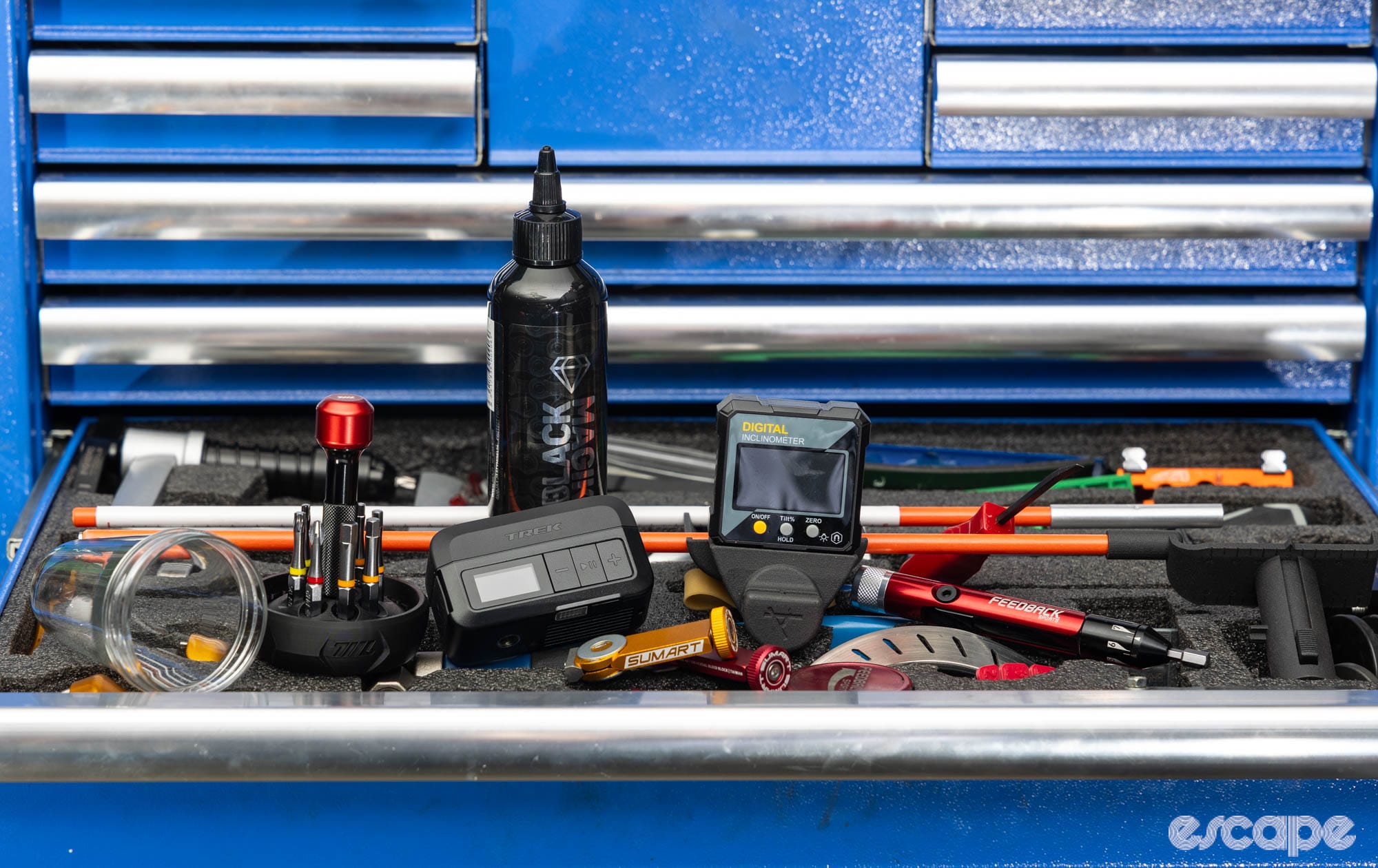When news broke last week of the closure of Specialized’s Colorado office, it passed with little more than a ripple. A brief article in a trade publication; a news snippet or two. That’s understandable, perhaps: businesses make decisions like this all the time, especially in the tumult of the past few years that have waylaid the cycling industry.
But a closer eye on the announcement revealed something more interesting at play – a repeating cycle of similar announcements, in the same office park, over the past few years.
Before 101 South Taylor Avenue in Louisville was a Specialized office, it was the Pearl Izumi headquarters, also housing parts of Shimano North America. Across the road is a now yawning warehouse that was occupied by the ill-fated used bike seller, The Pro’s Closet. Each brand in its own way provides a little microcosm of the boom and bust of the cycling industry – a case study of what to do, and what not to.
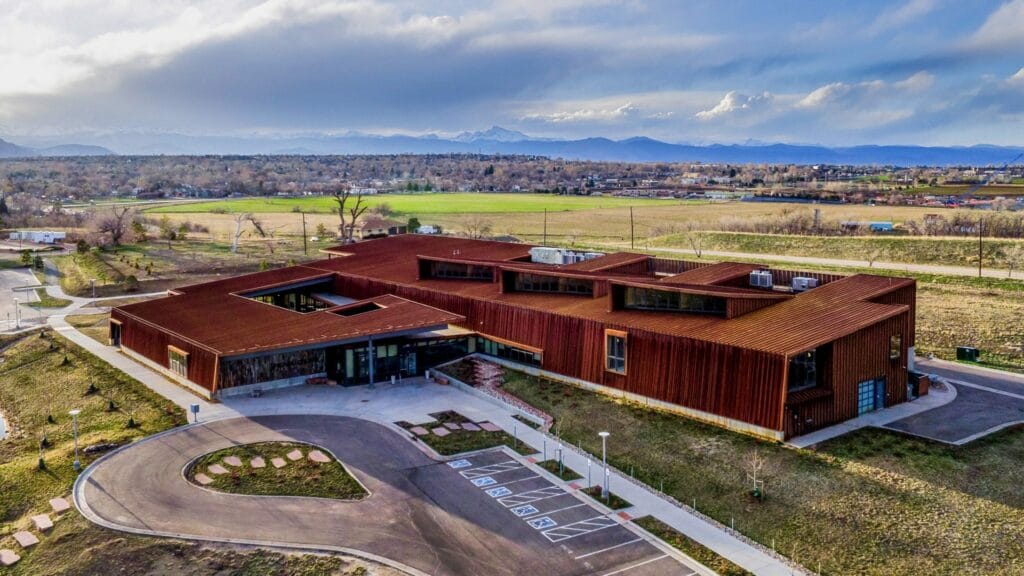
All of this turmoil, in the space of a few hundred feet. Could this be the cycling industry’s most cursed office park?
There's much more to follow, but you'll have to be a member to read it. Escape Collective is 100% membership-funded, with no advertising and no affiliate links in our product reviews. Our work is only possible through your support.
Need another reason to join? Our Member Purchase program offers discounts of 20% or more from participating brands like Velocio, Ritchey, Hunt Wheels and more (we get no revenue from your purchases; this is purely a member benefit).
Building landmarks of the bike industry
Between Boulder and Denver, off the US 36 highway, lies a sprawling industrial facility, an office park that is much like office parks everywhere. Wide, smooth tarmac expanses; big warehouses; blocky buildings. But there’s one thing that makes the Colorado Technology Center development different to most other office parks – the cluster of big cycling industry brands that have been, and gone.
The old Pearl Izumi building, at 101 South Taylor Avenue, is the visual centerpiece: wrapped in recycled steel, the structure has taken on a rust-brown patina that contrasts sharply with the white concrete around it.
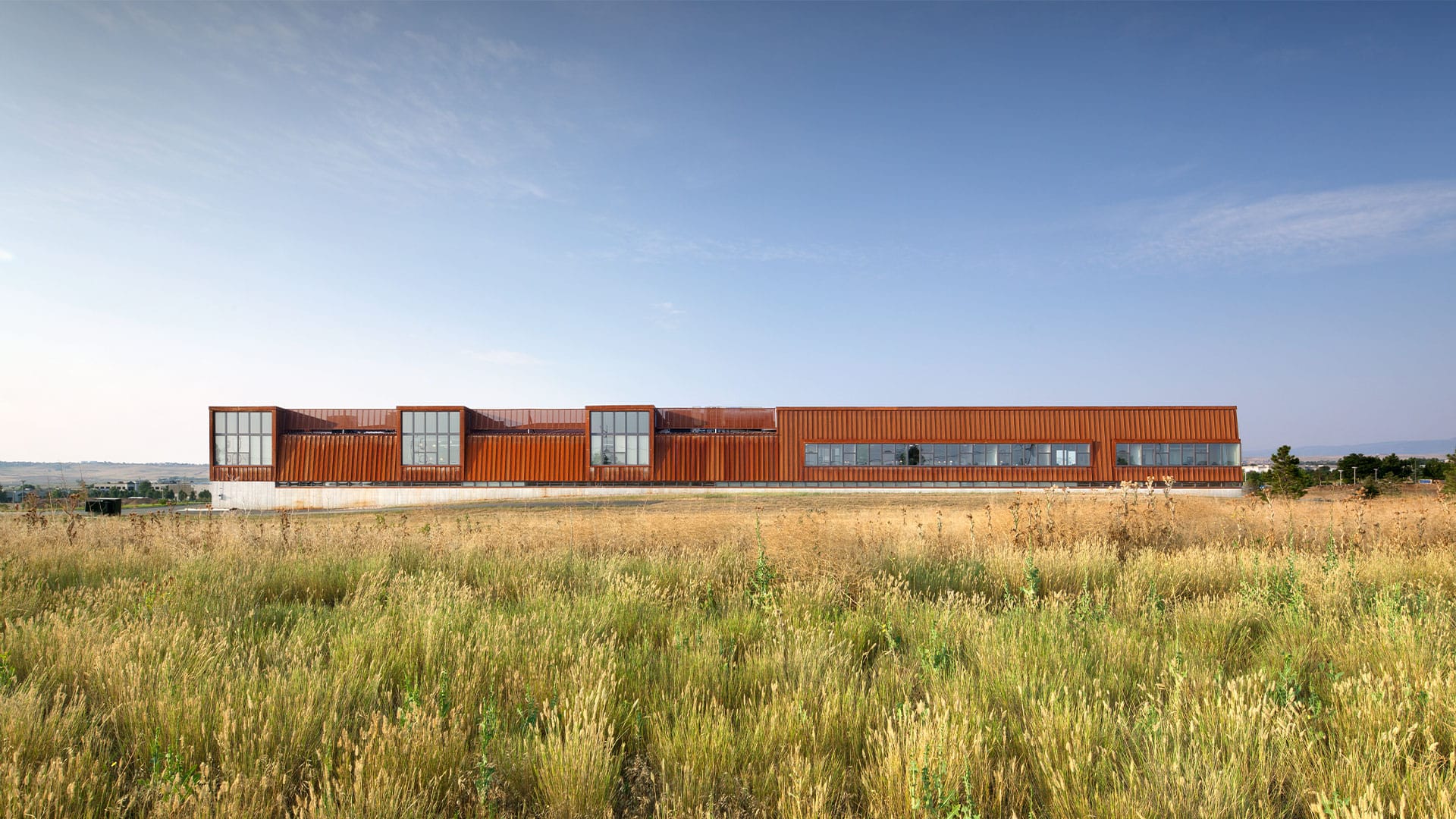
When the Colorado-based Pearl Izumi was purchased by Shimano in 2008, the Japanese componentry titan decided to construct a lavish headquarters for its new acquisition. Construction began in 2012. By 2013, it was complete – 54,000 ft² (5,000 m²) of office and warehouse space, certified for its environmental credentials and acclaimed for its architecture. Its vast windows look out to the west, across the rolling plains to the Flatiron geological formation, with one of the architecture firms involved in its design noting how the building interacts with its surroundings: “The form burrows into the landscape, intuitively angled to reflect the sharp lines of the Flatirons, protect the inhabitants from the elements, and afford unobstructed views.” It’s a statement piece, gorgeous and innovative and elegant – the kind of headquarters that are built to visually display a brand’s prestige and innovation.
But Pearl Izumi’s forever home was short-lived. One former employee told Escape Collective that “I'd posit to say that the façade was there, but the results weren't … As far as I understood, during my time, we were never profitable. Shimano's ownership covered a lot of the issues that persisted for years. We were incredibly overstaffed and were run like a much larger company than we truly were.”

By May 2022, following the cycling industry’s COVID boom and bust, Shimano had sold Pearl Izumi to the United Sports Brands conglomerate – home to brands including Nathan, Cutters, and Shock Doctor – with the building bundled into the deal. By October, it had been listed for sale.
Did we do a good job with this story?

